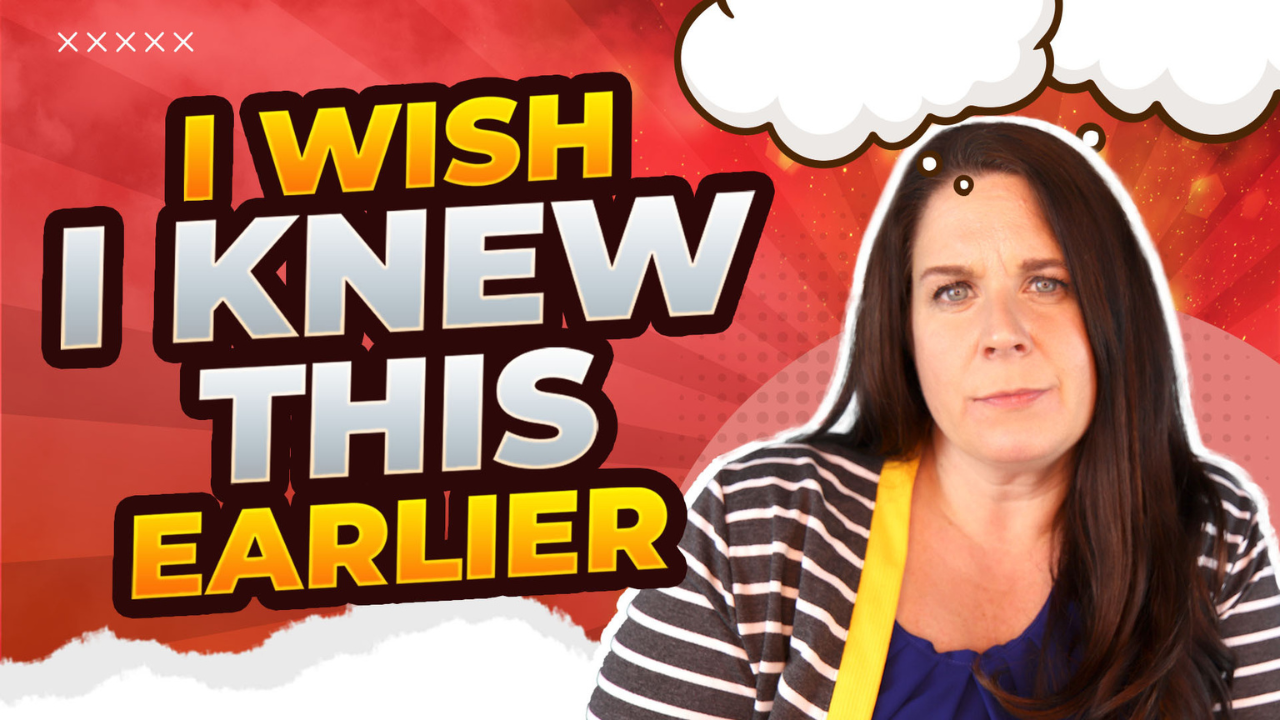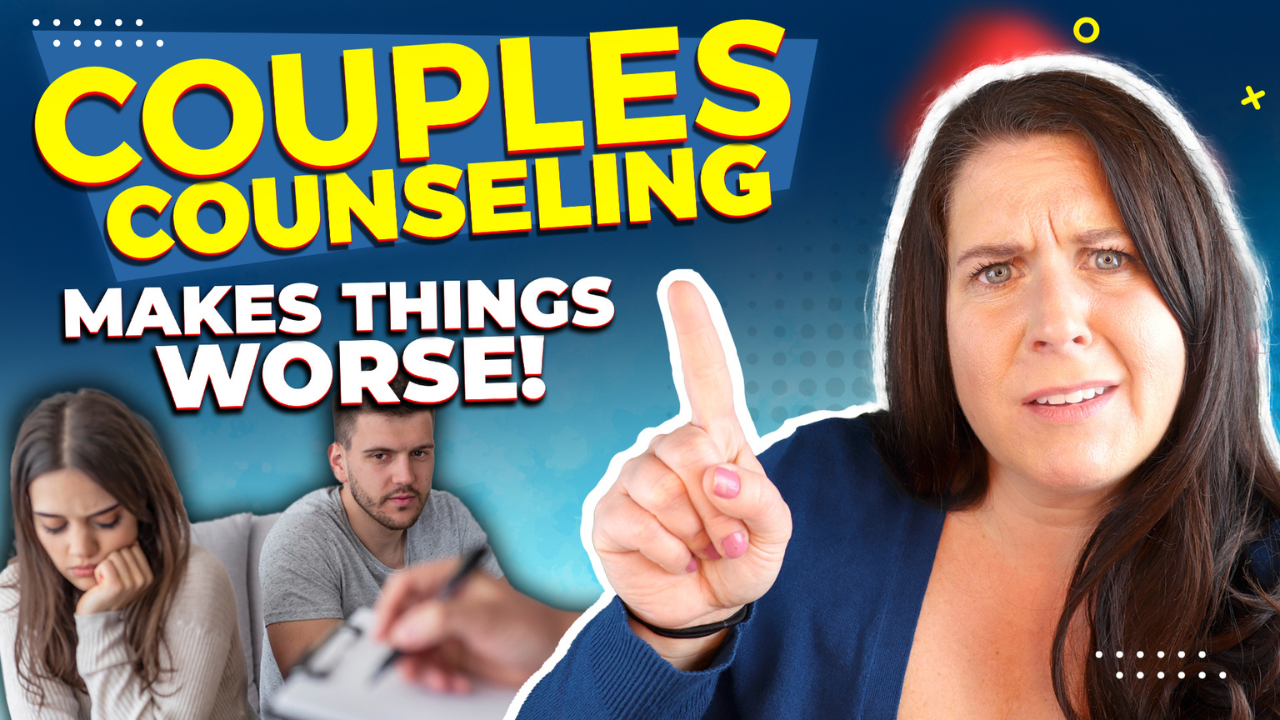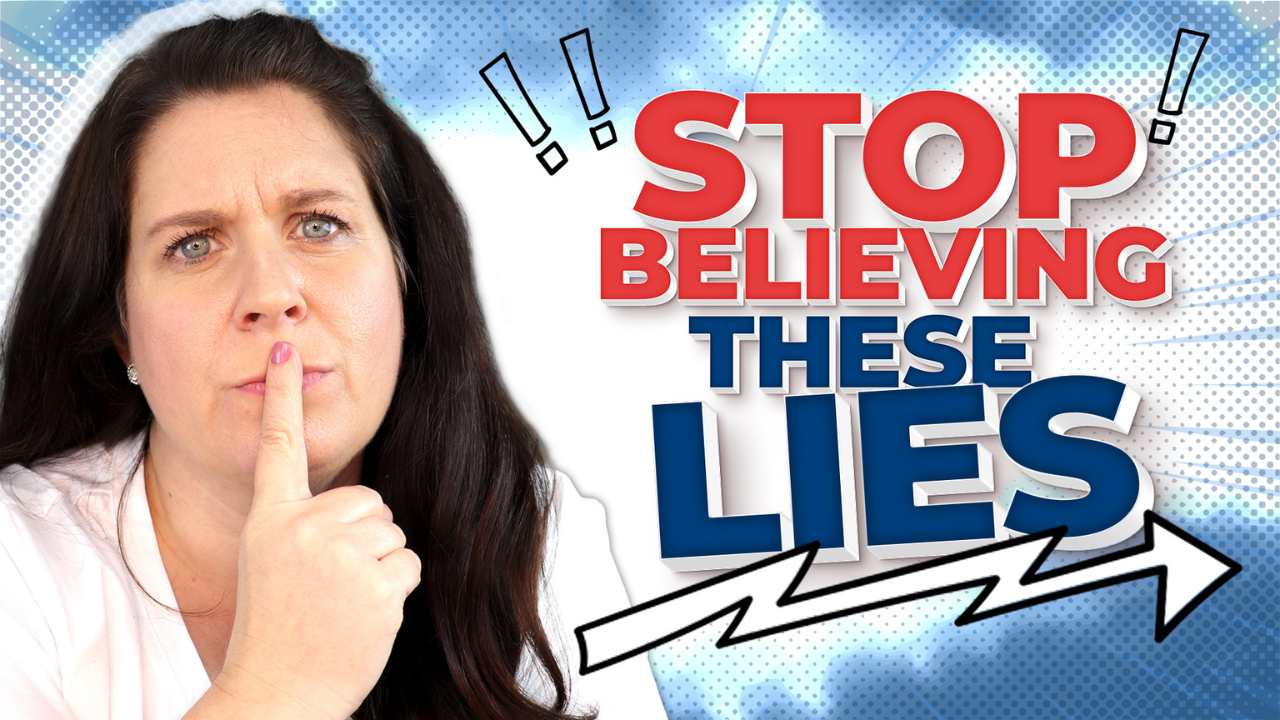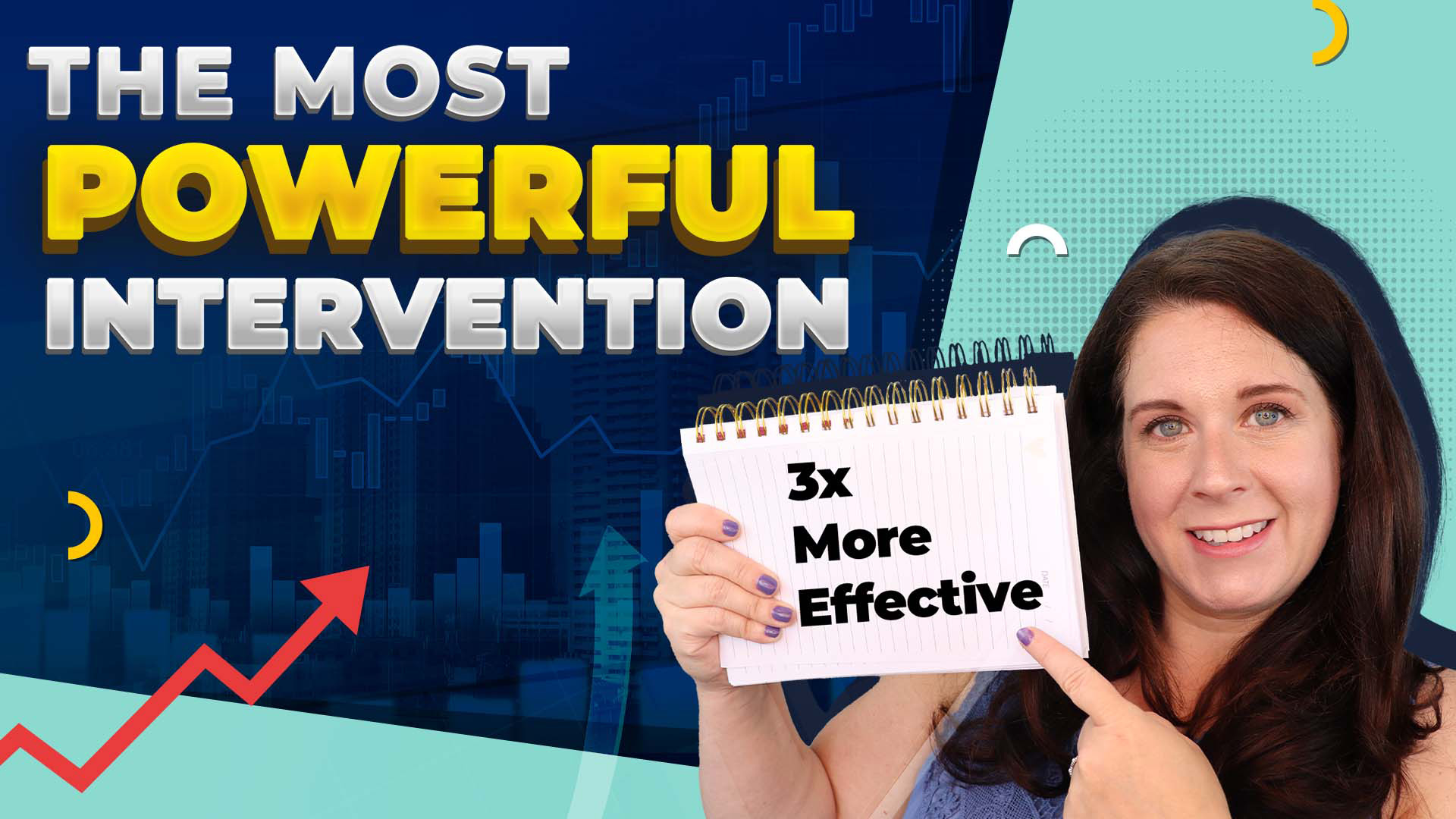You've Stuck By Them Through Their Addiction, and Now They Decide To Leave You
This situation came up in one of our groups recently. Someone posted about how their boyfriend of five years left them for another girl, and now he's sober, they're together, and this person is left feeling like, what does she have that I don't have? Of course, it always hurts if somebody breaks up with you or leaves a relationship. It hurts when someone breaks up with you if you don't like them. So it digs in when someone you've put up with all of their crap and forgiven them a million times, stood by their side, had their back, fixed their problems. It is like a jab in the heart when this person leaves you.
Because not only does the loss hurt, but the pure rejection of it feels massive. So I want you to understand how and why that happens.
Their addiction has been wanting to get rid of you for a long time because you're the one standing in the way between them and the addiction. In most cases, someone's addiction will trigger you to act crazy, be the bad guy role, yell, scream, t...
Why I Refuse to Believe Addiction Equals Powerlessness
I have a lot of mixed feelings about the term POWERLESS. I believe in the concept in some ways, but it's a hindrance in other ways. For those unfamiliar with that concept, it comes from Alcoholics Anonymous, the first of the 12-steps reads to admit that I'm powerless over alcohol and that my life has become unmanageable. "We admit to ourselves that our lives have become unmanageable and that we were powerless over our addictions." If you're in AA, you say powerless over alcohol.
When you're in Al-Anon, the AA version is for the family member. In that case, it reads, "We admit to ourselves that our lives have become unmanageable and that we are powerless over our loved one's addiction."
Why I moved away from this concept
Before I tell you why I've moved away from this concept, I want to tell you what I still like about it and believe in related to this term, powerlessness.
Most people, when they're in the beginning stages of trying to overcome a drug or alcohol problem, they go thro...
Does Couples Therapy Make Things Worse? A must-watch for couples!
Here's what usually happens when people go to couples counseling and there's an addiction involved. Naturally, the person with an addiction problem doesn't want to discuss it. They're incredibly defensive about it, and if you bring it up in a couple's counseling session, that person will feel very much ganged up on whether they are or not, they're going to feel backed into a corner. Guess what will happen? They're going to quit going, and the only other option would be not to bring up the person's addiction. In that case, why are we ignoring the big elephant in the room?
Suppose the counselor doesn't realize this vast giant addiction problem is happening. In that case, they're probably going to be giving lots of bad advice because they're going to be working on the wrong things, even though I don't think that traditional couples counseling is beneficial when it comes to one or more other partners having an addiction I am a big believer in the idea that the whole family system needs...
5 Life-Changing Skills NEVER Taught at 12 Step Meetings!
The problem with 12 steps is that, even though they do teach a lot of things well, they do it in a real indirect way, and they're hoping you pick up on the vibe and you learn the lesson, but sometimes if you're like me, you can be a little dense, and miss it. So they're having you practice the 12 steps and call your sponsor, but they could better connect the dots.
If you follow the plan, you will likely figure out most of the steps. Still, I want to make sure and call your attention to these five skills because not only are they not talked about directly, they're just not talked about, and you need them if you want to stay sober and get past the first month or so of recovery.
The rest is mostly about sanity management. How do you stay sober? You keep your sanity intact. So, many recovery skills have nothing to do with the substances. How do I keep myself in a place to not need those? You have to keep yourself in a healthy place, which means you need to keep your life somewhat order...
8 Lies Addicts/Alcoholics Tell (Warning!#7 Will Be Upsetting) 😠
If you've got an addicted loved one who says one of these statements, I'm about to tell you; it is likely lying more often than not. Of course, you shouldn't believe this. But, before I tell you these statements or lying examples, I want you to know that just because you're not going to believe these lies anymore doesn't necessarily mean that you should call them out, especially not in the moment.
You don't always have to call it out, but you don't have to believe it.
#1. Some version of, "I only hide it because ____."
For example, "I only hide my drinking because it upsets you. I don't want to get you upset." Any reason for hiding the dependence is addictive behavior. And yeah, there may be a little truth in some of the reasons that they're giving you for hiding, but the big reason they're hiding it is that they know that the addictive behavior is out of bounds in some way,
So when you hear this statement, it's essential to understand that they may be lying to you, but it's hig...
3X the Chance of Recovery: Here's What You Need to Do for Your Addicted Loved One
If you have an addicted loved one, you've likely heard to go to Al-anon, and you may have given serious thought and consideration to having an intervention. Yes, like on the TV show intervention, but you may have yet to hear of the CRAFT method. CRAFT stands for Community Reinforcement and Family Training.
The CRAFT method is three times more effective than an intervention for getting an addicted loved one into treatment. I want to explain why it's so much more effective, how it works, and how you can access the craft method training. So let's look at the most strategic, most effective model for getting an addicted loved one to get help. Unfortunately, you don't have that many options when you have an addicted loved one.
#1-Al-anon, which is pretty helpful at teaching you how to take care of yourself and get off what I call the rollercoaster. It's all about helping you regain your sanity, which is super important. I'm a big fan. However, it's ineffective for getting your loved one ...
Helping People Overcome Addiction: What I Discovered After YEARS of Struggle...

After many years of running a program, these are my top three takeaways on being effective at influencing someone to get sober. But, of course, this first thing is the most important: you can get someone sober much faster if you focus on building them up versus tearing them down.
#1 factor in influencing someone to get sober
When someone is destroying their and their family's lives, it's our instinct to tell them, "Hey, you're messing things up. You're making bad decisions. You're ruining your life and your family's life." So you want to show that to them because if they can see what a disaster this is, so they will make a different decision. But, that doesn't work because the addiction impacts the motivation centers of someone's brain. So using regular old motivation techniques will not work with someone with a substance use disorder. Not only will they not work, but they will probably backfire on you.
In my experience, you have to build someone up enough to have the strength to addr...
Confronting the Pain of Heartache: How to Cope with a Breakup P4
This is part 4 of our series on Love Addiction. Watch parts 1-3 HERE.
You go into a withdrawal state when you go through a bad breakup. You are in withdrawal from this relationship and this person. So if you're not careful, you will do and say some foolish things that you will regret.
And if you don't get ahold of it, you're going to make it ten times worse, last longer, and make it more painful than it has to be.
When you go through a bad breakup, you get in this withdrawal state, which puts you in this addicted state of mind and desperation, and it is a dark place to be.
Almost everyone has gone through this at one point or another, and you end up doing things you're not proud of. For example, when you're in a relationship with someone for an extended period, you become dependent on that relationship, co-dependent; you need them in your life. Your body and brain chemistry wires up with your partner's brain and body chemistry, and you need it the same way an alcoholic needs alcoh...
Uncovering the Truth About Love Addiction: How Close is Too Close? P3
What does it look like when you are addicted to someone you're currently in a relationship with? Being in an addicted state is very different than being in love with a person. And if you're unsure what those differences are, you must watch part one.
Being addicted to someone you're in a relationship with happens under a few different circumstances. Let's explore some of them.
One way that you can become addicted to a person you're already in a relationship with is if that person has an addiction or a personality disorder or is narcissistic.
There's a fundamental inconsistency with how that person relates to you. That is what makes it addictive. Addiction is always an illusion. Addiction means chasing something you can't have. So when you're in a relationship with someone who has an addiction or you're in a relationship with someone narcissistic, it's like sometimes they're great. They relate to you, connect you, and you get that serotonin, dopamine, oxytocin, and all those good br...
The Secret Love Affair I Can't Tell Anyone About... 🤐 | Love Addiction Part 2
(Watch Part 1 of This Series HERE)
It can feel agonizing to be addicted to someone you can't have or don't have consistency within a relationship. So when this happens, we build this fantasy life in our head about the possibility of having a relationship with this person that feels so good and exciting and feels like it's the perfect thing.
It's the answer to all your problems, so much so that you become obsessed and addicted. Now, this can happen in a few different ways. You can have a mad crush on someone in your daily life, like maybe he was a boy at school or a woman with whom you work closely. You can also have this addicted type of love for someone you've never met but feel like you know them.
Similar to how sometimes people can fall for a celebrity, an actor, a musician, or a politician because that person is usually putting themselves out there so that you feel like you know them even though they don't know who you are. You build this perfect fantasy world of how having th...









